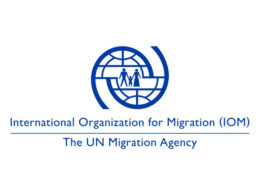The Central Bank of Nigeria (CBN) has announced a new policy allowing international oil companies (IOCs) to sell 50% of their repatriated export proceeds in the Nigerian Foreign Exchange Market.
This decision follows the CBN’s earlier restrictions placed on February 14, which limited the transfer of crude export proceeds to offshore parent company accounts. The restrictions aimed to enhance liquidity in the domestic foreign exchange market.
According to a circular signed by W.J. Kanya, Director of the Trade and Exchange Department, banks are now permitted to transfer only 50% of repatriated export proceeds to the IOCs’ offshore parent company accounts.
The remaining 50% must be retained for 90 days before repatriation. However, a recent review on May 6 allows IOCs to immediately repatriate 50% of their export proceeds or as needed, while the other 50% is to be used to settle financial obligations within Nigeria.
The CBN aims to balance the operational needs of IOCs with the necessity of maintaining liquidity in the domestic foreign exchange market. By enabling IOCs to sell their retained proceeds in the Nigerian market, the CBN seeks to bolster liquidity and stimulate economic growth.
The new directive has prompted requests for clarification. In response, the CBN has stated that the 50% balance of repatriated export proceeds can be sold to Authorized Dealers or eligible foreign exchange users for eligible transactions. If the IOCs do not have financial obligations to settle with these funds during or after the 90-day retention period, the balance may be sold entirely.
The financial obligations listed by the CBN include cash calls, domestic loan principal and interest payments, transaction taxes (including the Nigerian Content Development Levy), and education tax.
This move is part of ongoing reforms aimed at enhancing the efficiency and liquidity of Nigeria’s foreign exchange market.









Join our Channel...